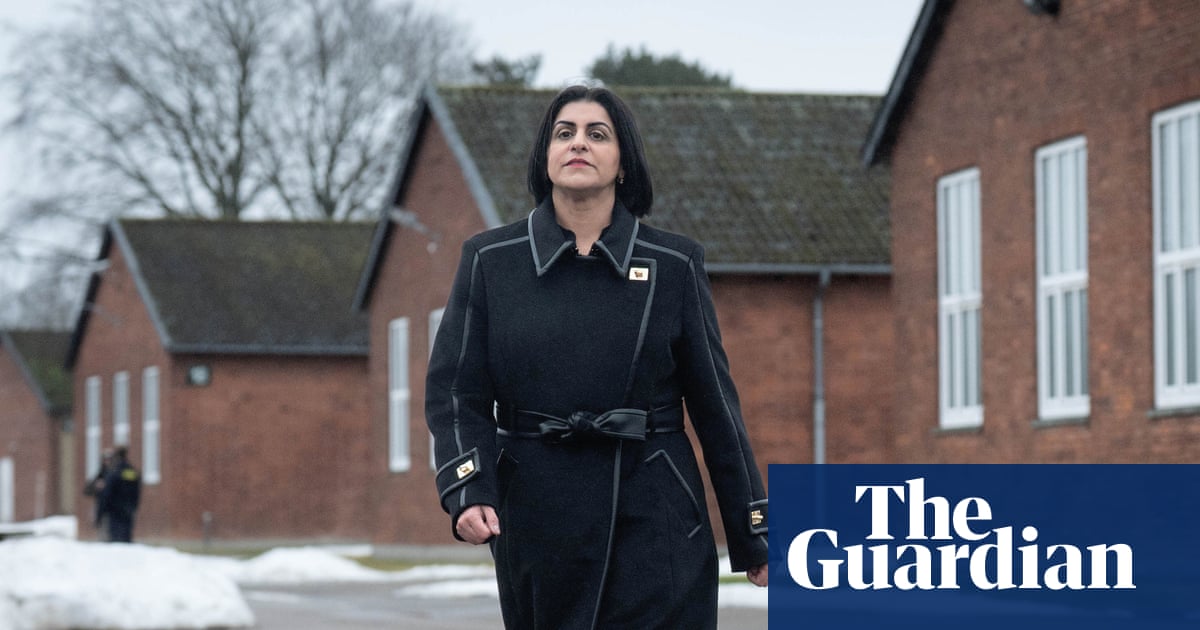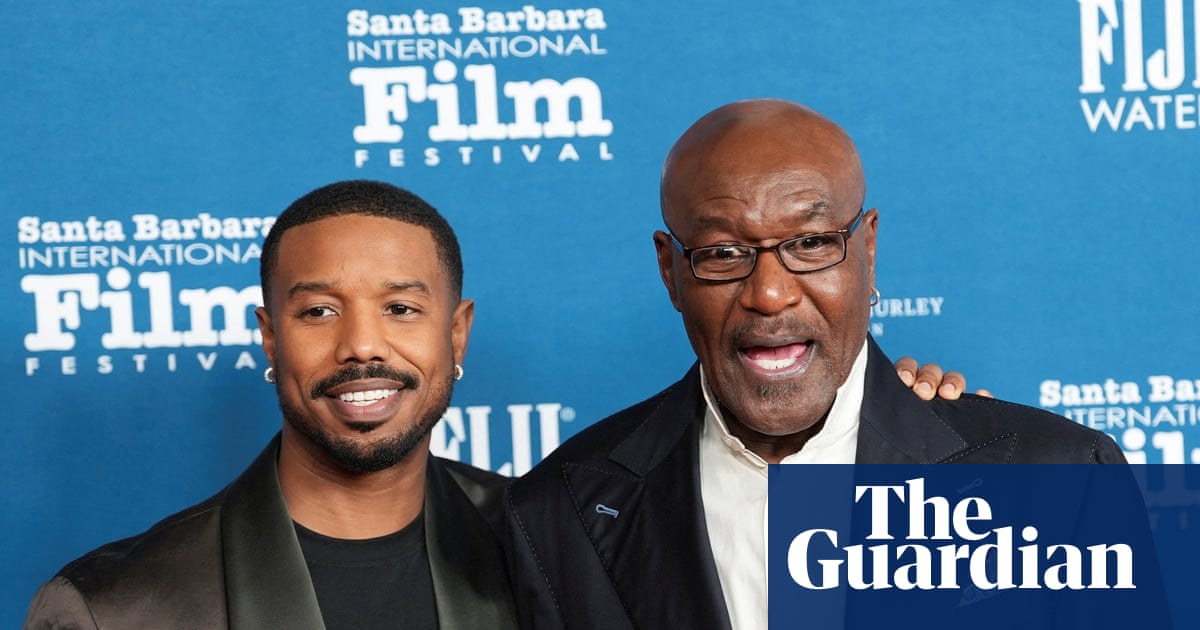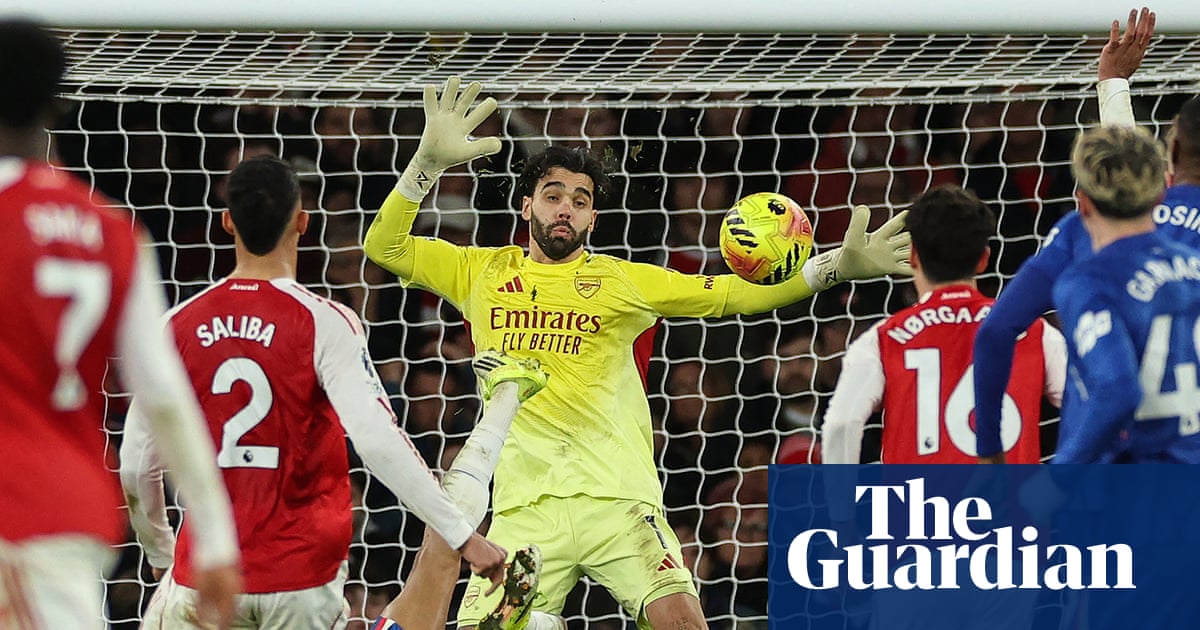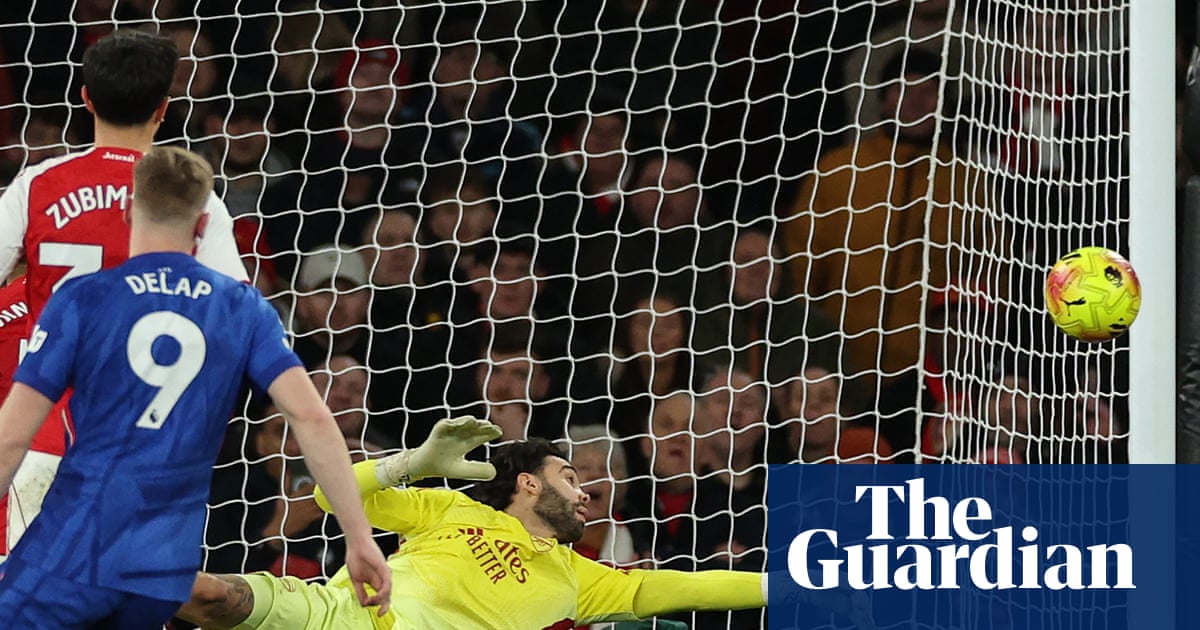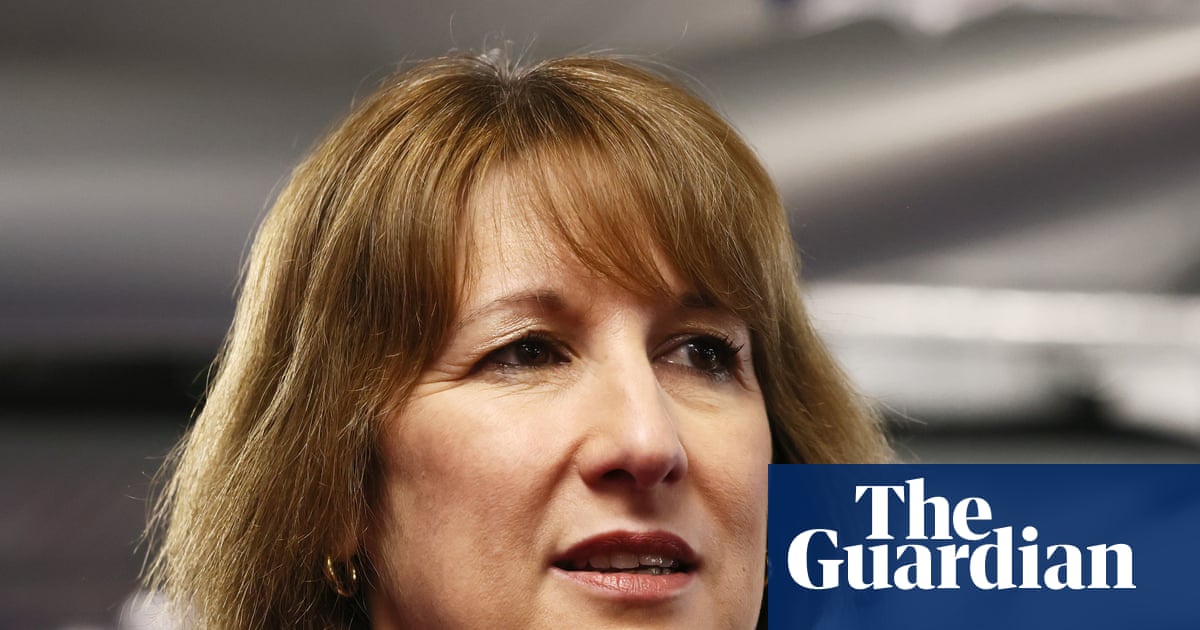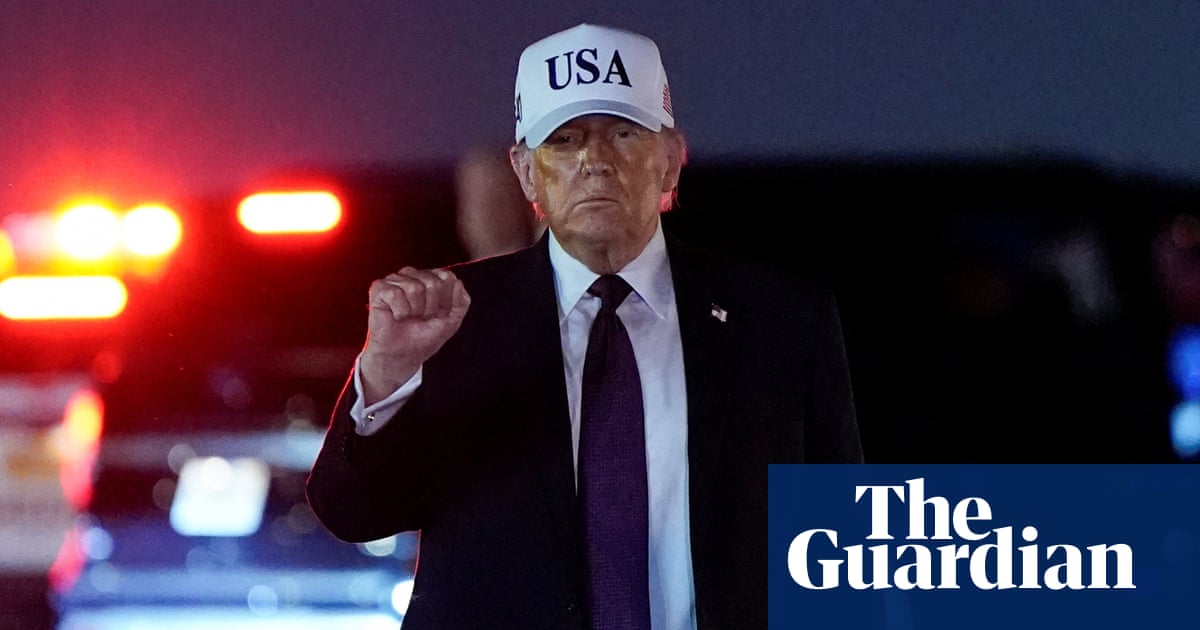There have been many Star Treks over the decades. First up we had a 1960s morality play performed on cardboard sets; then it became a billion-dollar movie saga about space diplomacy. More recently we’ve been gifted an ever-expanding collection of streaming spinoffs, each one more determined than the last to prove itself the true keeper of the sacred flame. Now we have a franchise that no longer has any idea what to do with itself. According to Variety, its producer Paramount has shelved the most recent film trilogy, known unofficially as the “Kelvin-verse”, that starred Chris Pine as Kirk and Zachary Quinto as Spock. What comes next is anyone’s guess.
Perhaps the more pertinent question here might be whether this grand old sci-fi saga is now really suited for the big screen at all. The recent films – 2009’s Star Trek, 2013’s Star Trek Into Darkness, and 2016’s Star Trek Beyond – won critical plaudits, yet were also criticised by fans for trying to turn a utopian thought experiment about empathy, cooperation and the perils of militarism into a knockabout space opera.
The JJ Abrams-led trilogy was well acted, usually well-plotted (apart from the odd moment of Khan-related identity crisis in the middle movie) and featured some spectacular set pieces: the segue in which Kirk and his crew blow up a squadron of enemy drones to the soundtrack of the Beastie Boys’ Sabotage has few equals in modern blockbuster cinema. And yet here we are, 16 years on, and with not much to show for it other than a stack of unused sequel scripts – Kirk’s dad being inexplicably alive was briefly considered.
On the small screen, Kirk and Spock are not even played by Pine and Quinto any more, as the Paramount+ saga Strange New Worlds harks back unapologetically to the early, Apollo-era optimism of the 1960s original series. (In fact, Kirk isn’t even the captain of the Enterprise yet). Could Strange New Worlds eventually transition to the big screen? It’s more than possible, and the series has cleverly blended Shatner-era earnestness with modern streaming swagger. And yet it’s hard to imagine a show whose best moments include Spock accidentally getting engaged during shore leave and a full musical episode set entirely in space making the leap to cinema without losing something in the process.
Personally I love the show, but trying to shoehorn its gentle emotional chaos into 120 minutes of blockbuster spectacle could be counterproductive. So where else could Paramount look?
Variety’s report hangs heavily on the supposed political power shift at the studio, which has seen Top Gun: Maverick II, Call of Duty: The Movie and even a sequel to Days of Thunder being mooted, as new Trump-ally CEO David Ellison looks toward greenlighting the kind of material that red-state America adores. That approach doesn’t seem to make any sense at all for Star Trek, which made history for the first interracial kiss on mainstream US television and has been optimistically “woke” ever since. It’s hard to see how that sits beside a studio slate obsessed with fighter jets and militaristic patriotism.
The truth is that Star Trek always represented a quiet form of rebellion. It was always obsessed with the joys of interstellar coexistence and the power of cosmic diplomacy, turning moral quandaries and sentient holograms demanding civil rights into primetime drama. Yet the very optimism that once made the saga radical now appears to have made it politically unfashionable. It’s the final irony: the one franchise that still believes in the future can’t find a future for itself.

.png) 3 months ago
85
3 months ago
85






